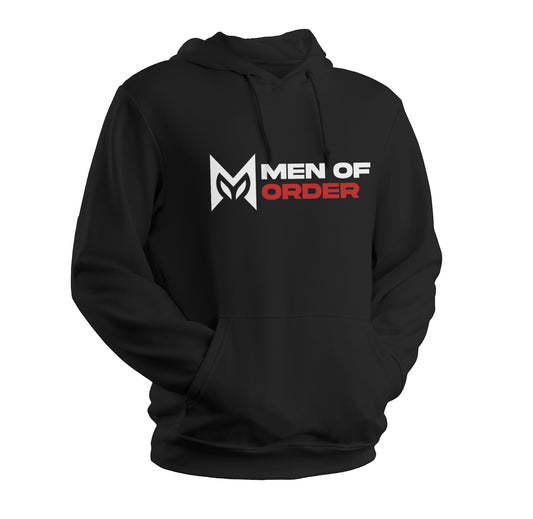Password management may seem like a pain, but it's necessary. Let's look at some simple, but effective ways to protect your passwords.
Password Requirements
Your passwords should be lengthy - anywhere between 12 and 16 characters. A secure password should include numbers and symbols, and upper and lower-case characters.
Avoid adjacent keyboard combinations or repetitive characters - passwords like "qwerty", "123456", or "AAAA".
When creating your logins, try the Sentence Method. Just think of a random sentence and transform it into a password.
For example, take the sentence “Woohoo! The Packers won the Super Bowl!” and create the password “WOO!TPwontSB”.
This password is at least 12 characters long, and even though it doesn't have a number or symbol, it's complex enough that it isn't easy to guess.

Use Multifactor Authentication
You should include multifactor authentication to protect your passwords. Especially for logins that matter.
Multi-factor authentication makes it harder for hackers to log in to accounts if they happen to get access to a username and password.
The easiest way to set this up is with an app like Authy or Google Authenticator. If you want to use a physical medium, Yubikey is a great alternative.
Try not to use SMS or email text multi-factor authentication if you can. It just defeats the purpose if hackers can access your messages or emails.

Use a Password Manager
You probably have a lot of accounts to manage. It’s easy to take shortcuts, like reusing the same password. You may not have the patience to create new passwords on your own.
A password manager can help you create strong, unique passwords for all your accounts, log into websites automatically, and remind you to update your passwords.
And you can organize all your accounts in separate groups and folders.
Instead of typing in a password for each login, you only need to remember a "master" password.
Passwords managers like Keeper and LastPass are great options, and they're available on multiple devices.

Wrapping Up
When it comes to passwords, length is more important than complexity. 12-16 characters long is a great start.
Multifactor authentication is a great add-on. Even if the hacker has your username and password, they can't get in without that extra key.
And password managers can store all your passwords in a safe place. Web browsers like Brave have built-in password managers if you're unsure where to start.
Add an extra layer of security by installing antivirus software.
















